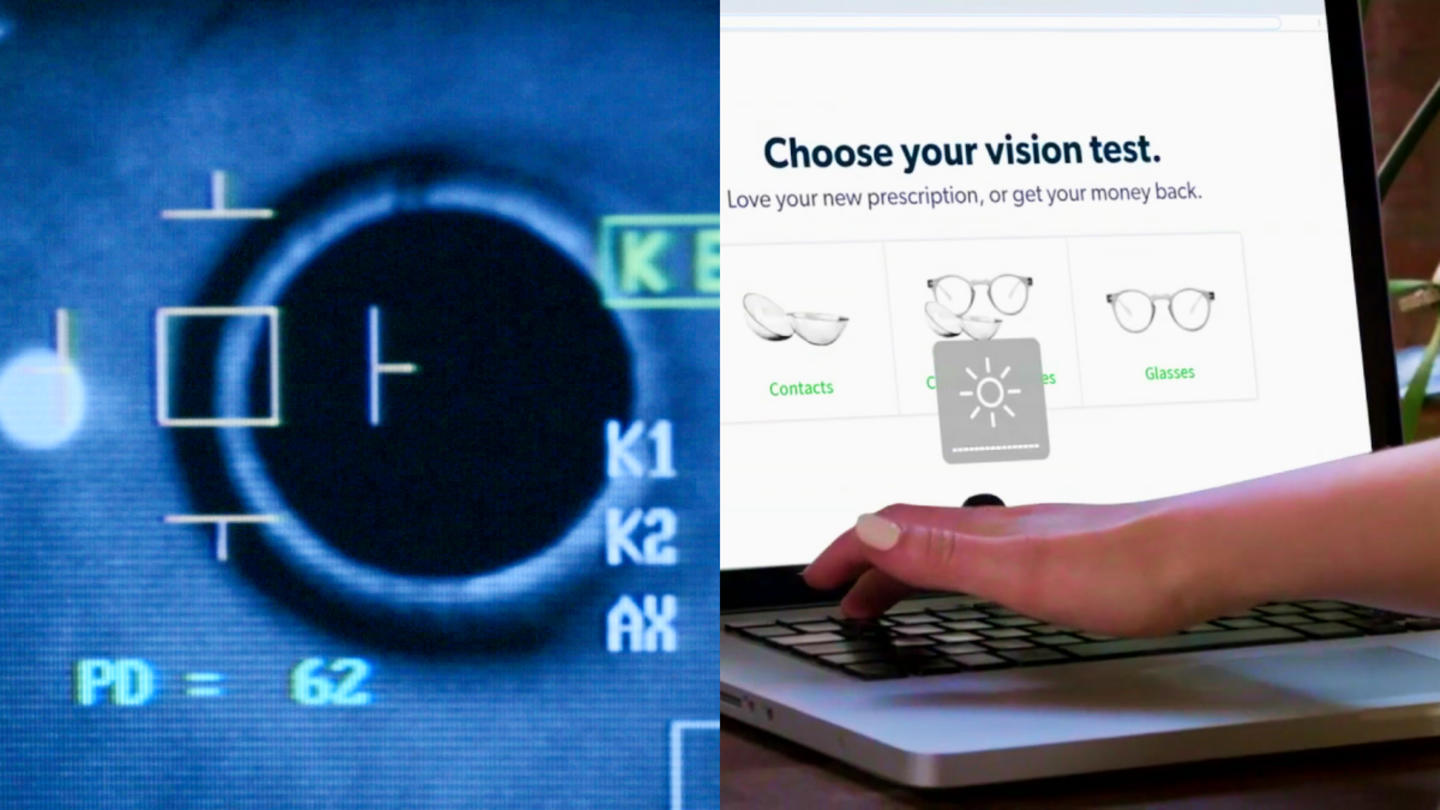Visibly, a Chicago-based health care technology company, recently passed a major milestone of receiving FDA approval for the world’s first at-home vision testing platform. It marks major progress toward the company’s goal of helping more Americans access quality eye care. And it comes on the tail of years of hard-fought litigation against barriers in the greater eye care industry.
Visibly’s online eye exams take six minutes to complete and can be taken from home on any computer or mobile device. The results are sent to an eye-care specialist immediately, who can then make patient recommendations. This is breakthrough progress compared to today’s status quo, which can take months to schedule an eye exam — for people who can access them at all.
Industry resistance to online vision test
The process has been slow. Visibly has been in business for a decade and has been fighting to make its online eye exams available nationwide since 2016. Resistance came from state legislators, the Indiana Medical Licensing Board, and industry lobbyists like the American Optometric Association who saw Visibly’s breakthrough innovation as a threat to their members’ bottom lines. This win should serve as an inspiration to other innovators and entrepreneurs with big ideas eager to challenge the stale, traditional ways of offering health care.
“After many years working with the FDA, we are excited to receive this clearance,” Brent Rasmussen, CEO of Visibly, said in the press release. “We look forward to fulfilling our mission of bringing affordable, accessible vision care to the masses.”
The problem is real. Americans need a new way to get affordable eye care.
A 2021 study found that 65% of people living in Detroit who suffered from vision problems didn’t visit an optometrist. The same troubling trends were found in studies in Los Angeles, New York, Tucson, and Birmingham. The large number of brick and mortar optometry practices across the country are failing to meet patients in their communities.
Minority communities, urban communities, and extremely rural populations are not getting the eyecare treatment they need — until now.
Sign up for the Stand Together newsletter and get stories, ideas, and advice from changemakers to help you tackle America’s biggest problems.
Innovators with grit, like Visibly, will bring us the future of health care
So what’s next for Visibly? The company continues to expand its offered services and partner with more and more eyecare providers. In the post-COVID world, online technologies that replace in-person doctor visits are starting to look like the future of health care. There is no improvement without change. Even if the pandemic hadn’t altered the way we engage with basic services, the number of people suffering outside of the eyecare bubble was still too high.
Trust Ventures — a venture capital firm supported by Stand Together Trust — supported Visibly each step of the way. In addition to providing startup funding, Trust Ventures also helped the Visibly team navigate their years-long legal battle and FDA approval process.
For Salen Churi, founder and general partner of Trust Ventures, this breakthrough is especially timely. “We’re now in a situation because of [COVID-19], it’s hard to go to your optometrist and get an eye exam like you used to,” says Sal. “So, when you consider how could you possibly solve these critical problems, the only thing you come back to is it’s got to be a digital solution.”
Visibly and other innovative companies like it bring vital new technology to the health care industry. These innovations shed light on barriers that exist in entrenched industries that slow down and restrict solutions that can greatly improve people’s lives. And Visibly’s efforts demonstrate that a small, determined group of people can succeed and spearhead real change. Let’s see what they accomplish next.
“We are proud of the fact that we created a technology that you can use in a remote basis and you also have an interaction with a doctor,” said Rasmussen. “We want everyone in the world to have the right to see well.”
Learn more about Stand Together’s health care reform efforts.

What if the key to improving Gen Z’s mental health lies in leveraging AI?

Mental health care is too narrow, possibly worsening the crisis. These changemakers have a plan.

Peer support may be the key to transforming mental health care. So far, it’s working for millions.

States with CON laws have higher prices, fewer medical facilities, and inferior patient outcomes.
